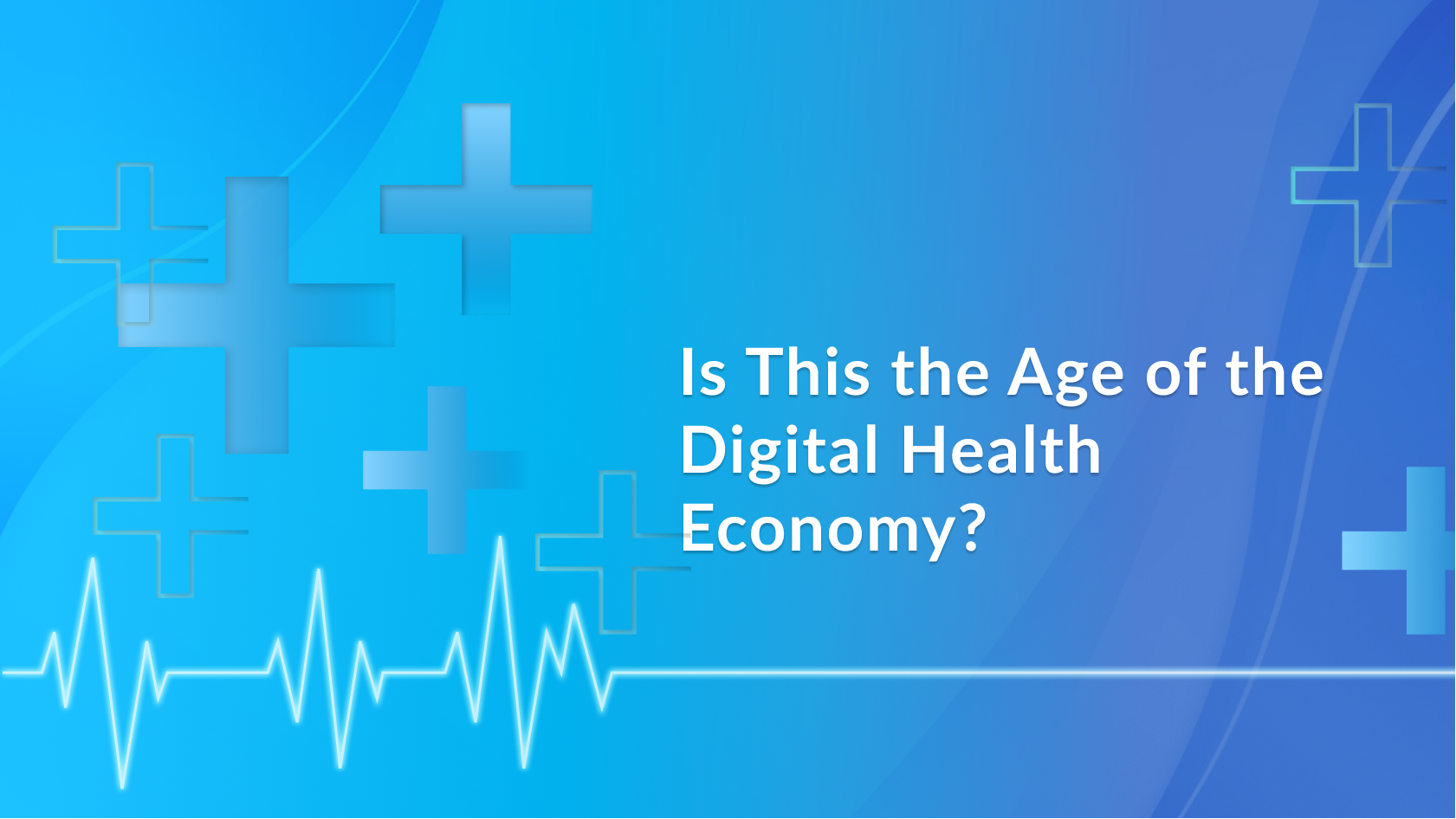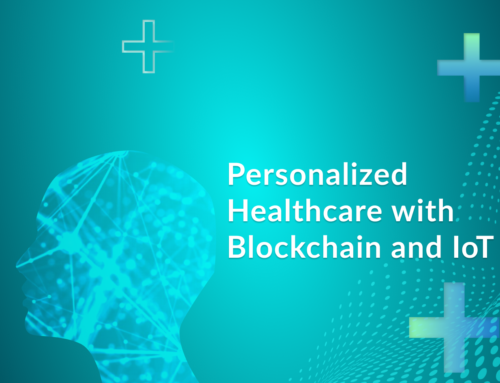The global pandemic has pushed the healthcare sector to digitally transform and adapt to a new normal. Traditional healthcare providers are now adopting the digital model to offer better care. In today’s time, there is an urgent need for healthcare solutions that enable remote care. It has also led to extended hours and increased patient engagement. This requires patient monitoring and medical equipment beyond the walls of hospitals. This ‘new normal’ will bring about several changes in the way we lead our lives as individuals, citizens, and consumers. Let us look at how this has become an age of the digital health economy.
Different Segments of Digital Health
Digital technology endorsement is gaining importance in India’s healthcare industry. Innovations and disruptive technology help improve patients’ experience and develop user-friendly solutions.
Let us look at the different segments of digital health as listed below:
-
Digital Prescription Technology:
Digital prescription technology has witnessed significant growth in the past years. This growth is attributed to technological advancement in the healthcare sector. Digital prescriptions speed up the medication reconciliation process, prevent prescription drug errors, and benefit in many other ways too. It also helps enhance patient safety and increase access to patients’ prescription records.
-
Telemedicine:
Telemedicine is the use of technology for remote diagnosis and monitoring. It’s considered one of the important segments that has greatly aided in reducing patient costs and providing healthcare to remote areas of India. Private hospitals have also incorporated the services and are uniting with the government to open more centers for telemedicine.
-
Wearables:
Earlier, wearables were healthcare devices that could track fitness endeavors to increase diet & exercise results. Nowadays, they are mainly used for measuring factors like heart rate energy levels, and so on.
Evolving Digital Health with New Technologies
Technologies have been driving the healthcare industry through various innovations. Let us look at the most important technologies that have the potential to transform businesses.
-
Artificial Intelligence and Machine Learning
AI and machine learning have the potential to revolutionize the way we provide care. In the healthcare industry, machine learning is extremely helpful for the development of new pharmaceuticals and learning the efficiency of different diagnostic methods.
-
Augmented Reality
AR has the potential to transform how we interact with and receive information from our healthcare providers. For example, imagine being able to see a 3D model of your lungs while your doctor explains your X-ray results. In simple terms, its visual explanation of essential details will provide a better understanding to patients, and allow doctors to suggest safe and customized remedies.
-
IoT
The IoT allows tracking of daily activities and improvements over time. This can be extremely helpful when trying to improve health behaviors. Most wearable devices have features that help with other aspects of health like relaxation, nutrition, fitness, etc.
-
Internet of Medical Things (IoMT)
The Internet of Medical Things (IoMT) refers to the usage of IoT devices in conjunction with MedTech solutions for healthcare. These devices facilitate the collection, management, processing, and storage of medical data. Since linked devices capture and transfer data, healthcare professionals can track patients’ vital biometrics in real time. Due to its real-time streaming capabilities, IoMT also enables prompt action, i.e. activating individual emergency response mechanisms based on the requirements.
-
Blockchains
Blockchain is a new technology that can offer creative solutions in many fields, including healthcare. A blockchain-based system for medical records can be integrated with current electronic medical record software which can serve as a comprehensive, single view of a patient’s health report. This will remove redundancies, prevent loss of patient data, allow secure access, and provide accurate context about patients to medical practitioners. Both patients and medical professionals benefit from having a centralized source of patient records. Moreover, medical insurers can get fast, verified confirmation from patients without spending time and money on gathering information.
Benefits of Digital Health
There are several reasons why digital health is important. A few of them are listed below:
- It improves patient outcomes by providing better access to care and information.
- It lowers costs by reducing the need for unnecessary tests and procedures.
- It improves communication between patients and providers.
- It increases transparency and accountability in the healthcare system.
- It reduces medical errors.
- It empowers patients and families to be more involved in their own healthcare decisions.
Factors That Are Accelerating the Growth of the Digital Health Economy
With the explosion of the internet, many industries have been adopting digital tools to improve and scale their business. The Healthcare industry has also been heavily influenced by it. Some of the important factors that accelerated the growth of the digital health economy are listed below:
-
Increasing Health Awareness:
In recent years, there has been an increase in health awareness. People are more aware of the importance of taking care of their bodies and minds. This has led to a demand for products and services that can help people live healthier lives. The digital health economy is a response to this demand. It is an industry that uses technology to create products and services that can help people live healthier lives.
-
Easy Access to Information:
In this day and age, it is easier than ever to find information on just about anything. Likewise, even in healthcare, there is an overwhelming amount of data available at our fingertips. This has led to an increased interest in solutions in the digital health domain.
-
Improved Progress Monitoring:
The advancement of technology has allowed for many different aspects of our lives to be digitized, and healthcare is no different. The digital health economy allows for better accountability and monitoring of progress when it comes to our health. By tracking our steps, heart rate, sleep patterns, and more, we can get a better idea of how healthy we are and what areas we need to work on. Additionally, this data can be shared with our doctors so that they can better understand our individual needs.
-
Improved Digital Tools for Communication:
In this day and age, doctors need to be able to communicate with their patients easily and efficiently. The use of technology has allowed this to happen more often than not. Doctors can now use video conferencing to speak with their patients. This is great for those who live in rural areas or who have difficulty getting to the doctor’s office. In addition, online medical records have made it easier for both doctors and patients to keep track of important information.
-
Increasing Demand for Healthcare:
The growth of the number of healthcare professionals is slow in nature, due to the nature of selection and training. However, the demand keeps increasing, since health is one of the basic needs of any individual. This has led to an increased search for scale in the healthcare domain. Digital healthcare has allowed the scaling of healthcare effectively without compromising on patients’ needs.
Conclusion
Digital health technology is revolutionizing the healthcare industry. The use of digital technologies for healthcare is becoming more widespread and accepted. More and more companies are looking to invest in digital health technologies. These technologies have the potential to improve the quality of care, increase access to care, and reduce costs. It has the potential to improve the lives of patients and providers alike.
Digital health, though it has already grown by leaps and bounds, it still has a long way to go. We can expect to see many new improvements in technology, applications, and adoption in the near future. Businesses should constantly be on the lookout for new opportunities and build new solutions accordingly.
You may also like:
Security Implications of Developing Mobile Healthcare Applications
Ensuring Positive Patient Outcomes Through the Right UX Strategy








Leave A Comment